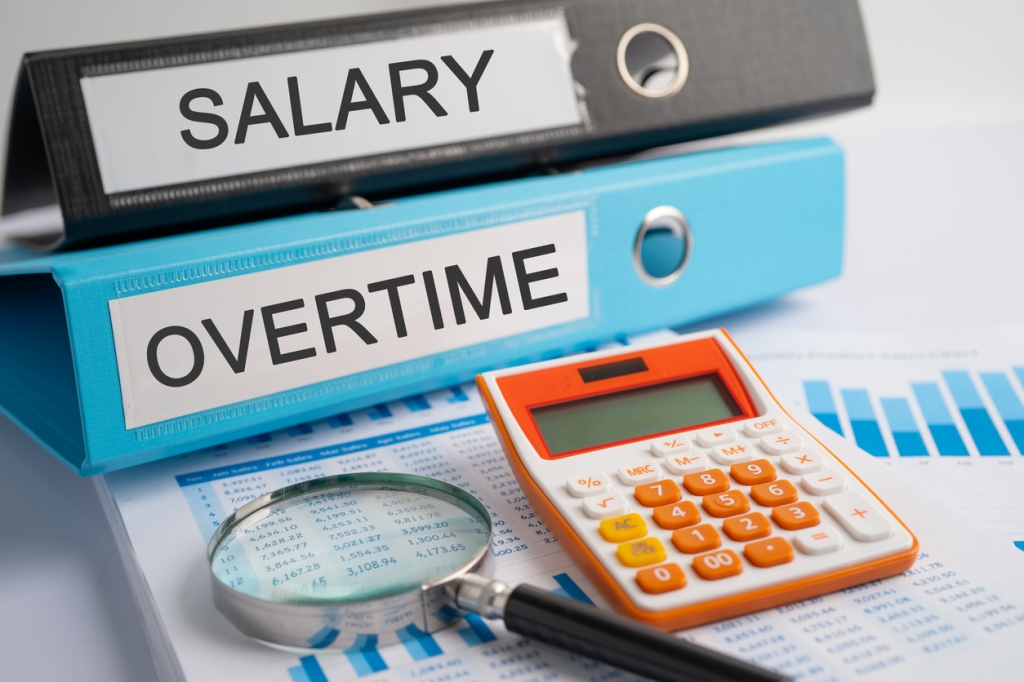Wisconsin Maintenance (Alimony) FAQ’s
WHO IS ENTITLED TO MAINTENANCE AND HOW DOES THE COURT DECIDE THIS ISSUE?
Maintenance, or what used to be called alimony, is ordered by the Court based on certain factors in the Wisconsin Statutes. There is no definitive test or guidelines in Wisconsin for when and how much maintenance should be ordered. The decision to award maintenance to one party is a discretionary decision of the Court. In other words, the Court has a lot of leeway when deciding the issue of maintenance. The Court must consider a list of factors stated in the Wisconsin Statutes and any other factors that the Court deems relevant. Some of those factors are:
(A) The length of the marriage;
(B) The age and the physical and emotional health of the parties;
(C) The division of property;
(D) The educational level of each party at the time of marriage and time of divorce;
(E) The earning capacity of each party;
(F) The feasibility that the party seeking maintenance can become self-supporting at a standard of living reasonably comparable to that enjoyed during the marriage and the length of time necessary to achieve that goal;
(G) The tax consequences to each party;
(H) The contribution by one party to the education, training or increased earning power of the other;
(I) An agreements between the parties where one party has made financial contributions to the other with the idea that the other will reciprocate in the future; and
(J) An ability to pay by the party from whom the maintenance is being sought.
The attorneys at Nelson, Krueger & Millenbach, LLC will be able to evaluate the facts of your case and advise you as to the likely result of a maintenance request.
MY SPOUSE AND I HAVE ONLY BEEN MARRIED A SHORT TIME, WILL I GET MAINTENANCE? HOW LONG DO I HAVE TO BE MARRIED TO GET MAINTENANCE?
Unless there is a large disparity between the income levels of the parties or the party requesting maintenance has health problems, a maintenance award in a short term marriage would be unusual. The longer the term of the marriage, the more likely a maintenance award is. Once a marriage exceeds 20 years, maintenance is almost a certainty in a case where there is a disparity in income.
IS THERE A SPECIFIC GUIDELINE WHEN DETERMINING MAINTENANCE?
There are no specific guidelines in Wisconsin when determining maintenance. However, when there is a fairly long term marriage where one party has the ability to pay and there is a disparity in incomes between the parties, the court would generally award maintenance. In that situation, the goal of the Court is usually to either:
(A) Equalize the net disposable incomes of the parties, or
(B) Meet the budget of the payee spouse, assuming its reasonable, in an effort to maintain a standard of living equal to or similar to what he/she enjoyed during the marriage.
In these cases, the Court generally considers what are the needs of the party seeking maintenance based on her/his budget and what is the ability to pay of the other party. When analyzing support issues, taxes and other budgetary factors also must be considered.
HOW LONG DOES MAINTENANCE LAST?
The Court usually sets a definite term for maintenance except in certain cases such as an extremely long term marriage, if the parties are older or where the person requesting maintenance has an inability to work. If maintenance is ordered for a set period of time and the party receiving maintenance feels it should continue, he or she can file a motion requesting an extension. This must be done, however, before the term of maintenance expires.
CAN MAINTENANCE BE MODIFIED OR TERMINATED?
If a party dies or the receiving party remarries, maintenance would terminate. If the person receiving maintenance begins living in a marriage-like relationship, maintenance can be modified or terminated. However, unless the parties agree otherwise, maintenance is always modifiable based on a substantial change in the circumstances of either party. This change in circumstances could be a change in income, a change in earning ability or a change in living circumstances. When one party believes that there has been a substantial change of circumstances in either parties situation, that party may petition the Court to change the amount or duration of maintenance.
WHAT ARE THE TAX CONSEQUENCES OF MAINTENANCE?
The party receiving maintenance must declare the support received as income on his or her income tax return and that maintenance will be taxable to him or her. The party paying maintenance will be able to deduct those payments on his or her income tax returns. The tax factors of maintenance must be considered when originally determining the award of maintenance at the time of divorce or any modification of maintenance.
You can also usually deduct any attorneys fees paid directly attributable to you receiving maintenance. Discuss this further with your Certified Public Accountant or income tax preparer.
WHAT IF MY EX-SPOUSE RETIRES? WILL MY MAINTENANCE END?
The retirement of a paying spouse may justify modifying or terminating maintenance in certain circumstances. For example, if a paying spouse retires and has no other source of income except his or her retirement benefits, of which you received one-half at the time of divorce, maintenance most likely would be terminated. However, this would also depend on why the party retired, the age he or she retired, if he or she has other sources of income, the ability to pay maintenance after retirement and your ability to provide for yourself.
WHAT IF MY SPOUSE SEEKS MAINTENANCE FROM ME AND I DONT FEEL THAT MY SPOUSE IS EARNING TO HIS OR HER FULL POTENTIAL?
In cases when one spouse does not believe that the other spouse is maximizing his or her earning potential, the Court can impute an income to that party. This income could be a prior income that the party is no longer earning for whatever reason. Or, in some cases, a vocational evaluator can be hired to provide expert testimony to establish what the non- or under-earning spouse could make if working full-time and/or to maximum ability. The expert will review the education, work and earning history and consider market factors and statistical information related to incomes to determine an income for the under-earning spouse. The Court will then impute or assume that the under-earning spouse is earning that amount when deciding the issue of maintenance.
WHAT IF MY SPOUSE IS SELF-EMPLOYED OR EARNS CASH? HOW CAN INCOME BE DETERMINED TO CALCULATE MAINTENANCE?
In cases when one spouse is self-employed or receives cash payments for income, financial records and documents can be obtained or subpoenaed to determine income. Similar to the response in #8, the Court can impute an income to that party based on financial records and/or testimony of financial experts, such as a Certified Public Accountant, based on a review of financial documents, such as tax returns, bank statements, investment accounts, etc.
The Court will consider the testimony of financial experts and evidence in the form of financial documents when determining what income is available for support from all sources.





